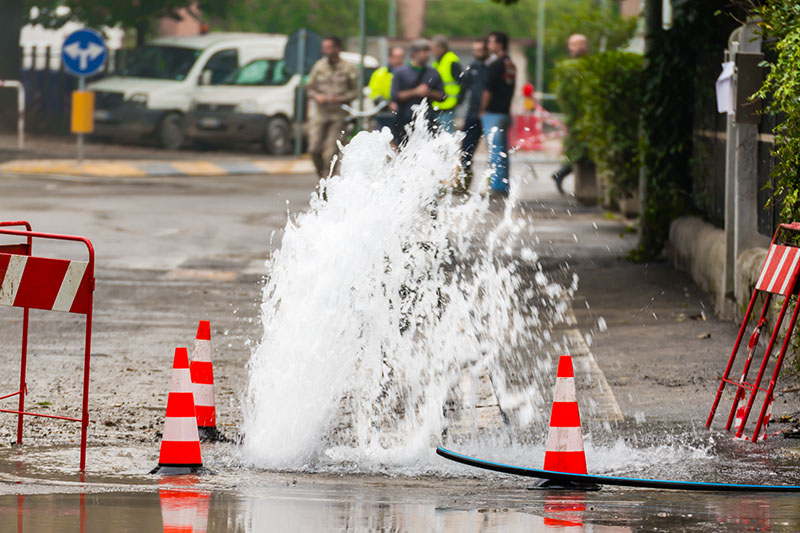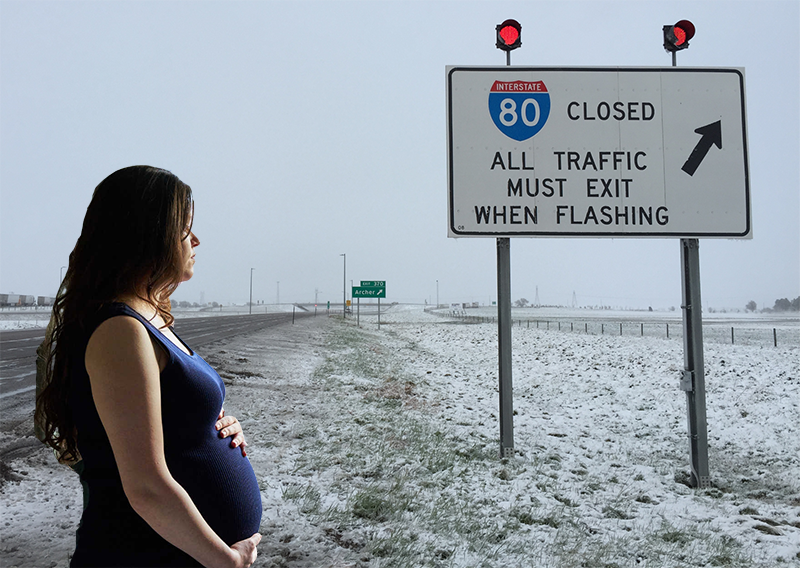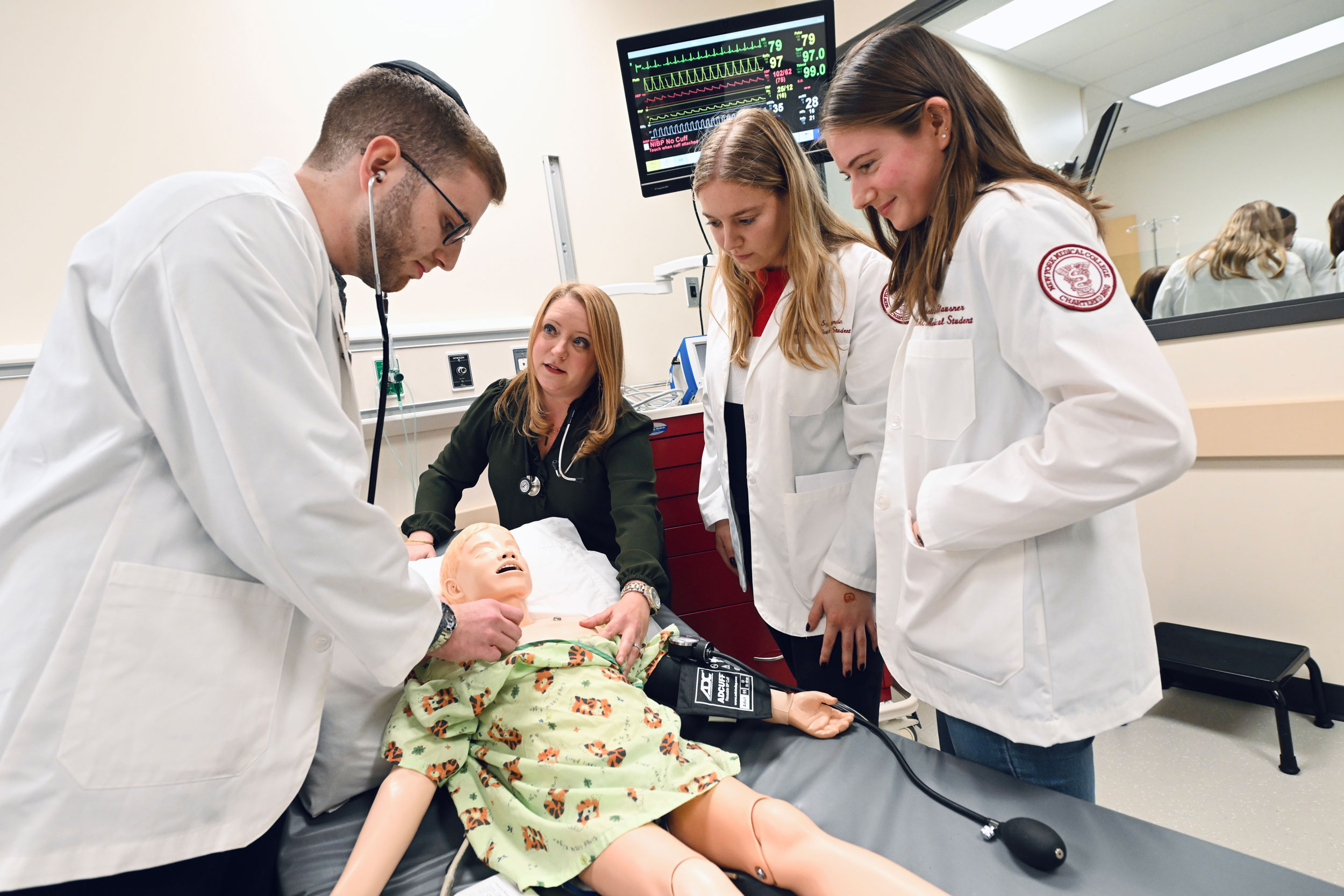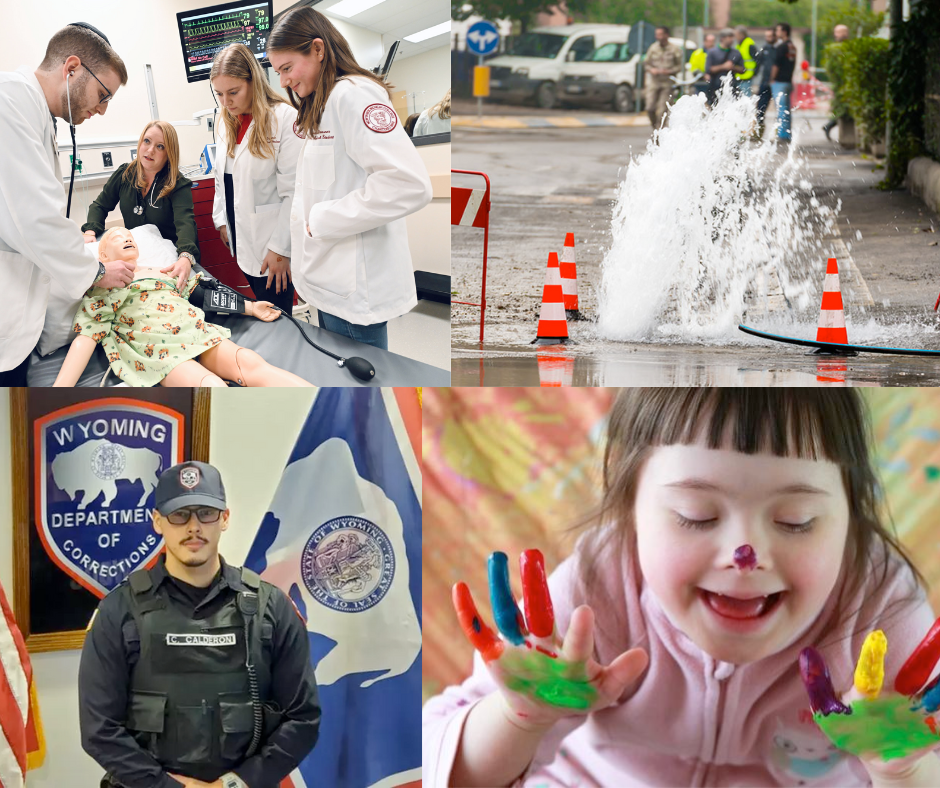Funding for programs that improve the lives of hardworking Wyomingites was killed by the Legislature this year when it failed to pass a supplemental budget.
Under Freedom Caucus leadership, 2025 marked the first time in half a century that the Wyoming Legislature failed to pass a budget, which is one of its core constitutional duties.
As a result, millions of dollars will go unappropriated for critical healthcare services for women and children, infrastructure repairs during emergencies, workforce training, home healthcare, and staff requested by state agencies.
Gov. Mark Gordon recommended $692 million in funding in the 2025 “supplement” budget, which is used for needs not addressed or unforeseen in the regular biennial budget approved last year. Regular budgets are passed in even-numbered years.
The Legislature spared some programs and agencies by including funding that normally would have been included in the budget into other bills. Using this method helped lawmakers address several of the governor’s priorities, including wildfire mitigation and raises for teachers and school staff.
But millions of dollars that were meant to fund programs that benefit Wyoming residents went by the wayside.
Here are just a few of the impacts:

UNFUNDED: $20 million for local government emergencies
The state maintains a program funded by mineral revenues to address emergencies when they arise for local governments. Gov. Gordon requested $20 million for the fund this year, so local governments can be sure they have resources for threats to health, safety, or the interruption of daily services that people depend on.
With reduced funding it will be difficult for towns to repair failing water or sewer lines, replace ambulances and fire trucks, or fix collapsed bridges and damaged roads.
This cut comes on top of the difficulties local governments now face as a result of the 25 percent property tax cut passed by the Freedom Caucus this year.
UNFUNDED: $5.2 million for job training
Wyoming’s community colleges train the next generation of our state’s workforce. This year, Gov. Gordon requested $5.2 million for the third and final phase of the Wyoming Innovation Partnership. The program improves collaboration, alignment and evaluation of workforce education and training provided by the state’s community colleges has resulted in a high return on investment for the state.
The governor said his one-time request was needed to transition education partners from state funding to private, industry-supported resources. But that’s now not going to happen.

UNFUNDED: $2.4 million for maternity healthcare
Nearly one-quarter of women in the Equality State live more than 30 miles away from a birthing hospital, making much of Wyoming a “maternity care desert.”
Long distances from care comes with real risks. Women who live far from delivery hospitals are more likely to experience adverse medical outcomes. Babies are more likely to require a stay in the neonatal intensive care unit.
Gov. Gordon requested $2.4 million to increase Medicaid maternity reimbursement rates, split between the state and federal governments. He said the funds would help retain the services, as Medicaid births account for one-third of deliveries in Wyoming.
UNFUNDED: $1.5 million for mental health
Wyoming continues to struggle with nation-worst rates of suicide, substance abuse, and untreated mental health problems.
Gov. Gordon asked for $1.5 million for higher payments to providers when they offer mental health treatment. A 2024 study found increasing the Medicaid reimbursement rates would help Wyoming retain in-state services outpatient mental health care coverage for adults and children.
UNFUNDED: $736,000 for intensive child healthcare
Another Medicaid reimbursement rate increase sought by
Gov. Gordon was for home healthcare for children with very intensive home health needs.
The governor noted the increasing cost of staff and additional malpractice insurance to serve juvenile home health clients is needed to halt the recent trend of home health agencies declining new clients or ceasing services.
Home health rates have not been adjusted in over a decade or more, and there is a significant gap from Medicare rates for similar home health services. The $368,000 cost to the state would have been matched by federal funds, which are now lost.

UNFUNDED: $500,000 for training new doctors
A lack of physicians hurts Wyoming’s healthcare system and residents’ ability to access care.
Gov. Gordon recommended the University of Wyoming’s request of $500,000 for student admission into a medical education program at the University of Utah School of Medicine. Five UW students would have enrolled in the first year studying at the University of Utah School of Medicine, so they could return to the state and practice.
Wyoming has long had a physician shortage, particularly in rural areas. The state sends 20 UW students per year to the University of Washington’s WWAMI medical school program. The Utah program would ramp up to include more students, who would have most of their expenses paid by the state if they returned to Wyoming to practice.
The governor said he wants to see the proposal return in next year's budget.

UNFUNDED: 23 state jobs
State agencies requesting new positions will all go unfilled. Gordon requested 23 additional state employees for roles in emergency management, public health, and resource oversight, among others.
The Department of Corrections would have received funding for four new full-time employees to enhance operational support, and the Department of Health two full-time positions for behavioral health and public safety coordination.
The Wyoming Gaming Commission would have been authorized to hire up to five new at-will employee contract positions to support race day staffing and compliance efforts.
UNFUNDED: $500,000 to promote Wyoming tourism
Wyoming’s tourism economy is one of the state’s largest drivers for jobs and income. The governor’s budget requested $500,000 for employee raises. Since the department is funded by lodging taxes and not the state’s general fund, its employees were behind on cost-of-living salary increases. This would have caught them up, but now their pay frozen for the time being.

UNFUNDED: $4 million for pre-K for disabled children
Prior to tanking the whole budget, both the House and Senate included $4 million in funding to provide services for pre-K children with developmental disabilities.
It is unclear how those children or families will receive support with the Legislature’s failure.

